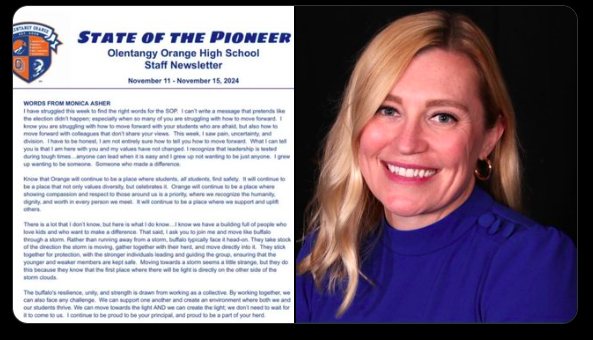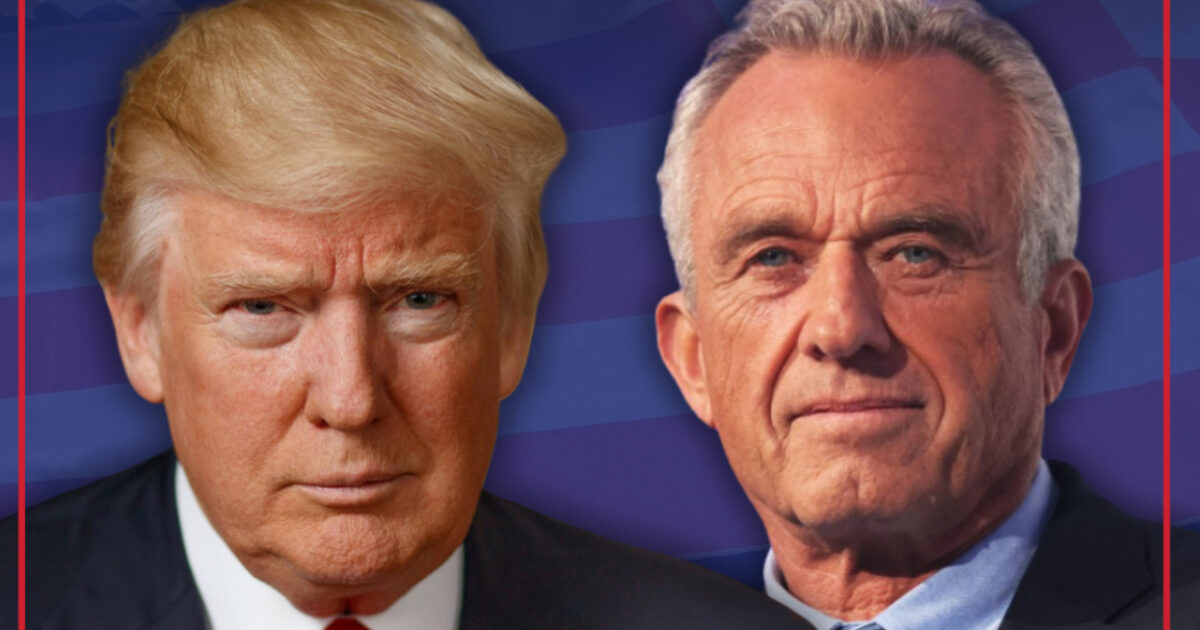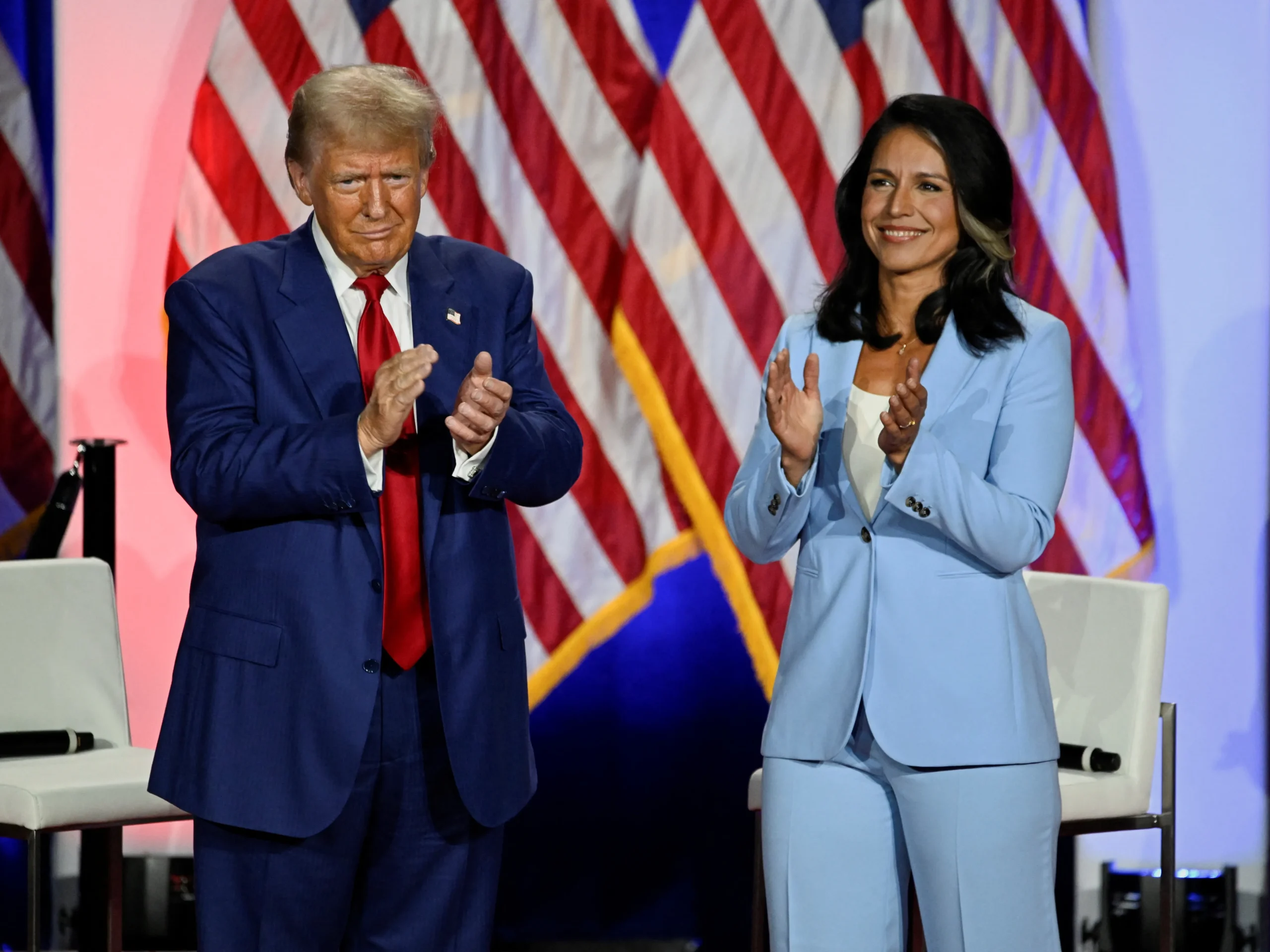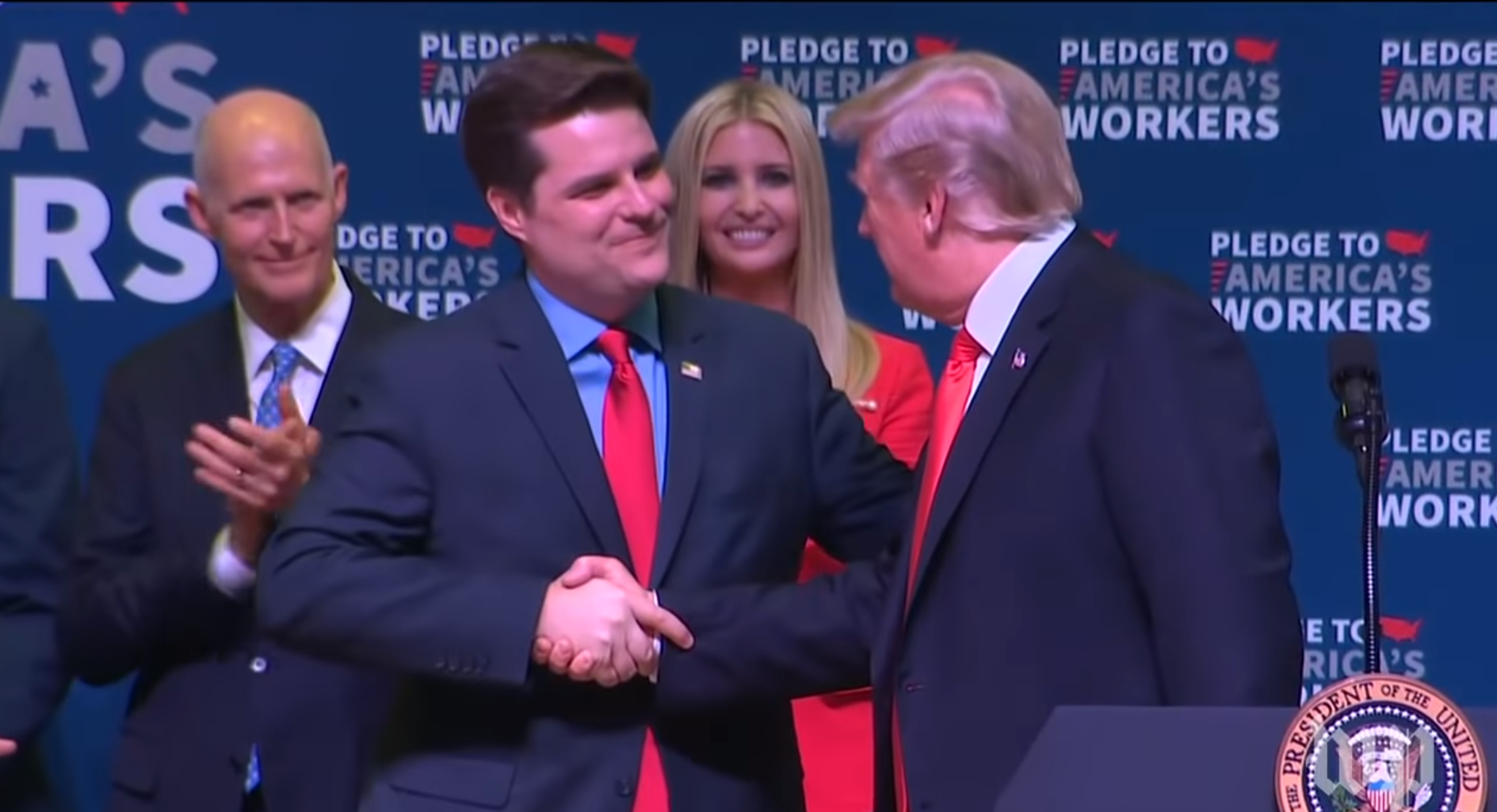Minnesota Governor Tim Walz is facing renewed criticism following a state Senate panel’s findings that he “failed to act” effectively during the violent unrest that engulfed Minneapolis in 2020.
This renewed scrutiny emerges amid speculation that Walz could be a potential vice-presidential pick for Kamala Harris in the upcoming election. The panel’s report alleges that Walz’s hesitation and mismanagement during the Black Lives Matter (BLM) riots resulted in extensive damage and lawlessness in the city.
The state Senate panel’s investigation concluded that Walz’s response to the riots was inadequate and delayed, exacerbating the chaos and destruction in Minneapolis. The findings were based on testimonies, social media evidence, and official communications, painting a picture of a governor who struggled to manage the crisis effectively.
The report claims that Walz hesitated in deploying the National Guard, which could have mitigated the violence and protected both property and lives.
According to the New York Post, the panel’s findings indicate that Walz’s indecision was a critical factor in the severity of the riots. The report states, “Governor Walz’s failure to act decisively allowed the rioters to wreak havoc on the city, resulting in millions of dollars in damage and significant loss of public trust”.
Additionally, Fox News reported that Walz’s daughter, Hope Walz, allegedly tipped off rioters via social media, complicating the situation further. This claim suggests that there were internal lapses in communication and security within the governor’s own household.
Fox News noted, “Hope Walz’s social media activity during the riots raised serious questions about the governor’s handling of the situation and the potential influence of his family on his decision-making”.
The controversy surrounding Walz’s actions during the riots has significant implications for his potential role as a vice-presidential candidate. Critics argue that his handling of the Minneapolis unrest reveals a lack of leadership and crisis management skills necessary for higher office. This perspective is bolstered by comments from prominent conservative figures. Dan Scavino, former Deputy Chief of Staff for Communications under President Trump, tweeted, “Walz’s failure to protect Minneapolis from rioters is a clear sign of his incompetence. We need leaders who can act decisively in times of crisis”
The riots in Minneapolis were among the most severe in the United States during the summer of 2020, following the death of George Floyd. The widespread protests, which were initially peaceful, quickly escalated into violent confrontations, looting, and arson. The destruction included numerous businesses, public buildings, and residential areas, with the city’s Third Police Precinct being set ablaze.
The state Senate panel’s report underscores the importance of effective leadership during crises. It emphasizes that the governor’s delay in deploying the National Guard and other law enforcement resources was a pivotal mistake. The report suggests that earlier intervention could have prevented much of the violence and destruction.
Walz’s response to the criticism has been to defend his actions, stating that he prioritized caution and deliberation in a rapidly evolving situation. He argues that the complexity of the riots, with their blend of legitimate protest and criminal activity, required a measured approach. However, this defense has not assuaged his detractors, who view his actions as indicative of a broader inability to lead effectively under pressure.
As the discussion about potential vice-presidential candidates continues, the scrutiny on Walz’s record during the 2020 riots is likely to intensify. The state Senate panel’s findings provide ammunition for those who question his suitability for national office. They highlight the critical need for decisive leadership in moments of civil unrest, a criterion that critics argue Walz failed to meet.
This analysis of Walz’s actions during the Minneapolis riots reflects a broader debate about leadership and accountability in times of crisis. It underscores the consequences of delayed action and the importance of effective crisis management, especially for those in positions of significant public trust and responsibility. As the political landscape evolves, these findings will undoubtedly play a crucial role in shaping the narrative around Tim Walz and his potential future in national politics.





